A federal judge has ruled that the Trump administration must continue to fund the Supplemental Nutrition Assistance Program (SNAP), also known as food stamps, despite the ongoing government shutdown. The decision comes as the shutdown enters its fifth week, with President Trump and congressional Democrats at an impasse over border security funding.
According to court documents, U.S. District Judge Paul Grimm in Maryland ordered the administration to continue providing SNAP benefits to eligible recipients, citing the program's importance in ensuring the well-being of vulnerable populations, particularly low-income families with children. Grimm's ruling noted that the administration's decision to withhold SNAP funding would cause "irreparable harm" to recipients, who rely on the program to access essential food and nutrition.
The Trump administration had argued that it was not obligated to fund SNAP during the shutdown, citing a provision in the federal budget law that allows the president to waive certain funding requirements during a lapse in appropriations. However, Grimm rejected this argument, stating that the provision did not apply to SNAP, which is a mandatory spending program that is exempt from annual appropriations.
In a statement, Grimm said, "The court finds that the administration's decision to withhold SNAP funding is not only unlawful but also would cause significant harm to vulnerable populations who rely on the program to access essential food and nutrition." The judge's ruling is seen as a significant victory for advocates of the program, who have argued that SNAP is a critical lifeline for low-income families and individuals.
The decision comes as the Trump administration continues to face pressure from lawmakers and advocacy groups to end the government shutdown, which has left hundreds of thousands of federal workers without pay and disrupted critical government services. The shutdown has also had a significant impact on the economy, with many businesses and industries feeling the effects of the prolonged disruption.
In related news, New York City is gearing up for its mayoral election, with several candidates vying for the top spot. The election, which is set to take place on November 7, will determine the city's next mayor, who will succeed Bill de Blasio. The candidates include incumbent Mayor de Blasio, who is seeking a third term, as well as several challengers, including City Comptroller Scott Stringer and Brooklyn Borough President Eric Adams.
According to a recent poll, Stringer is leading the pack, with 24% of the vote, followed closely by Adams, who has 20%. De Blasio trails behind, with 15%. The poll also found that 40% of voters remain undecided, suggesting that the election is still very much up for grabs.
The mayoral election is seen as a critical moment for the city, with many voters expressing concerns about issues such as affordable housing, public safety, and economic development. The candidates have been campaigning aggressively, with many promising to address these issues and improve the city's quality of life.
As the election approaches, voters are expected to weigh in on the candidates' proposals and track records, with many hoping to see a new direction for the city. The outcome of the election is likely to have significant implications for the city's future, with the next mayor facing the challenge of addressing the city's pressing issues and building on its strengths.
The government shutdown and the mayoral election are two of the most pressing issues facing the country and the city, respectively, as the nation heads into the final stretch of the year. As the situation continues to unfold, it remains to be seen how these developments will play out and what impact they will have on the country and the city.
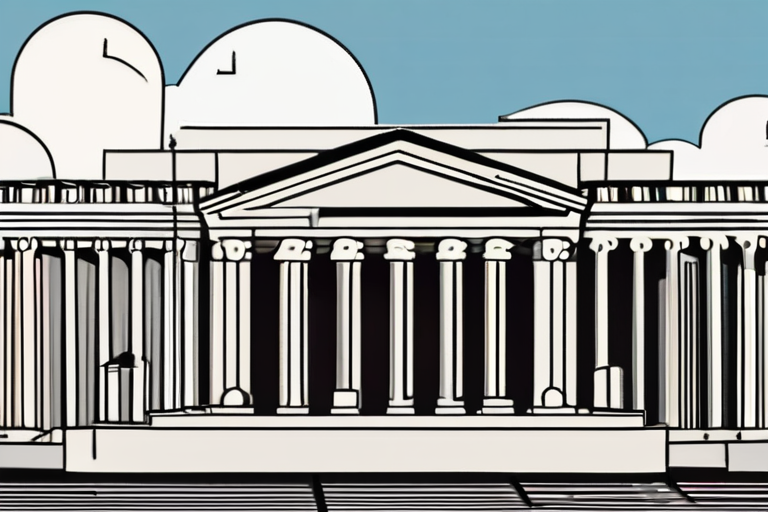



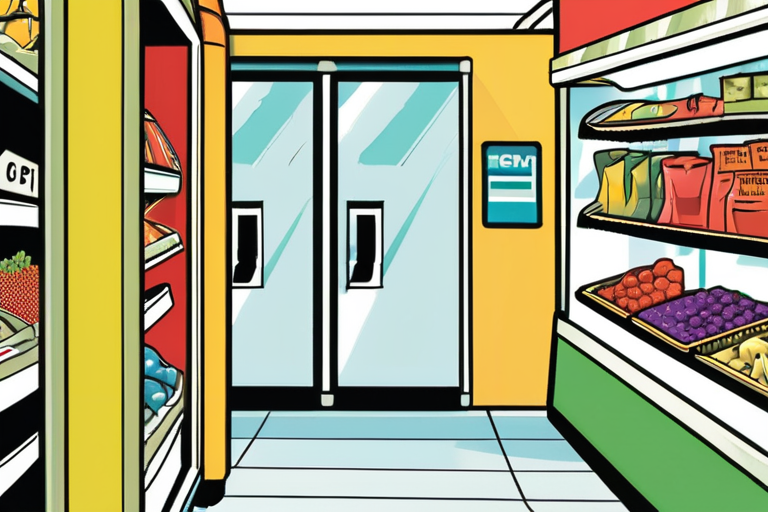
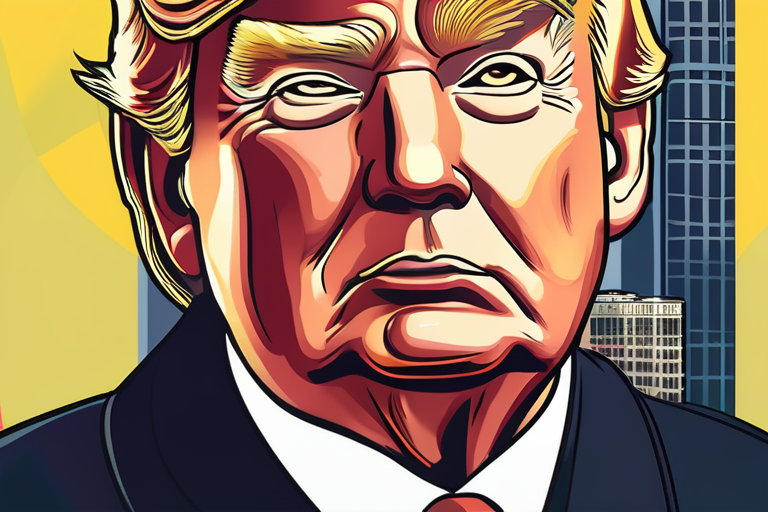
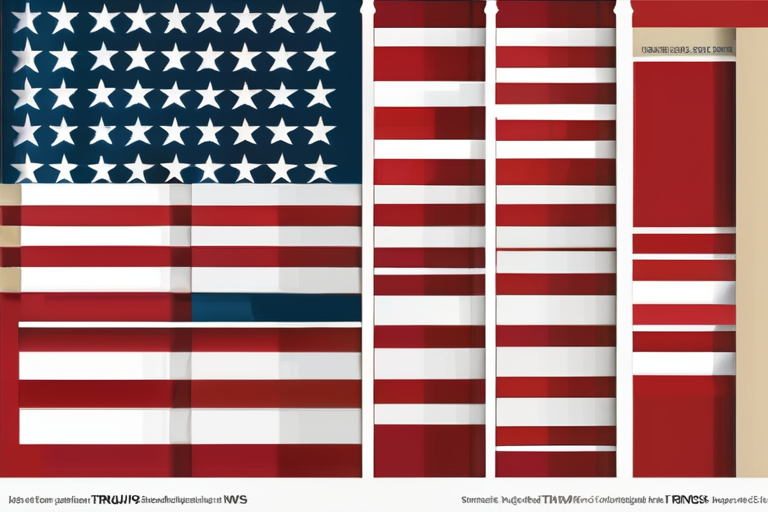
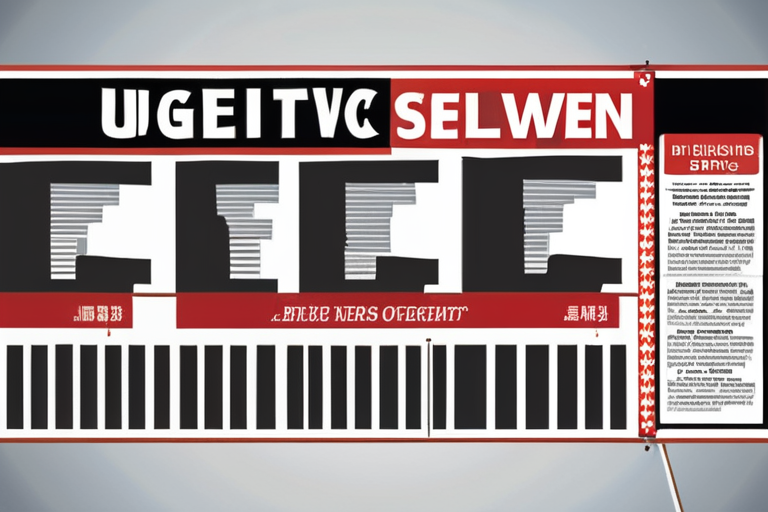
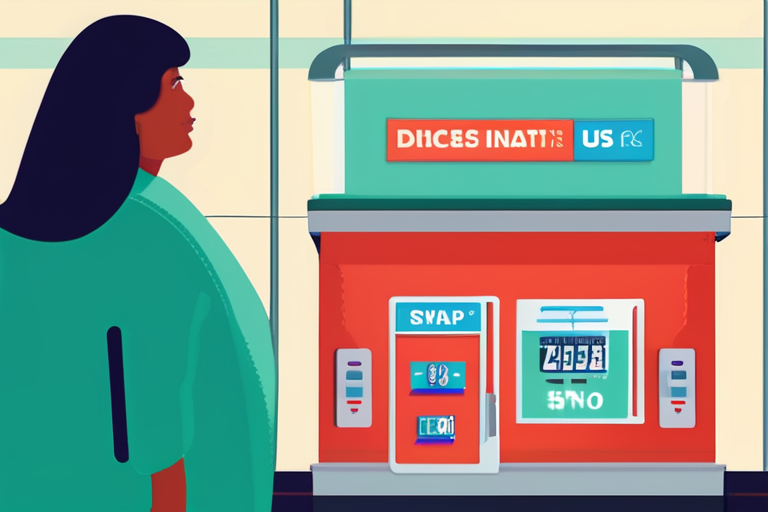
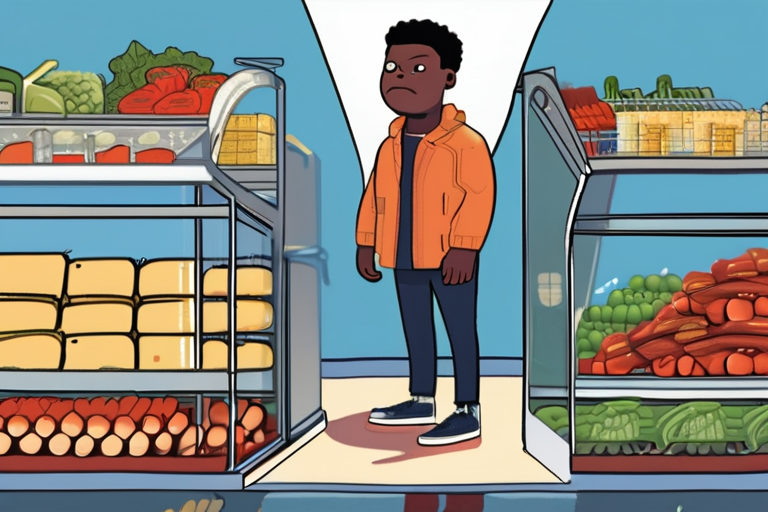
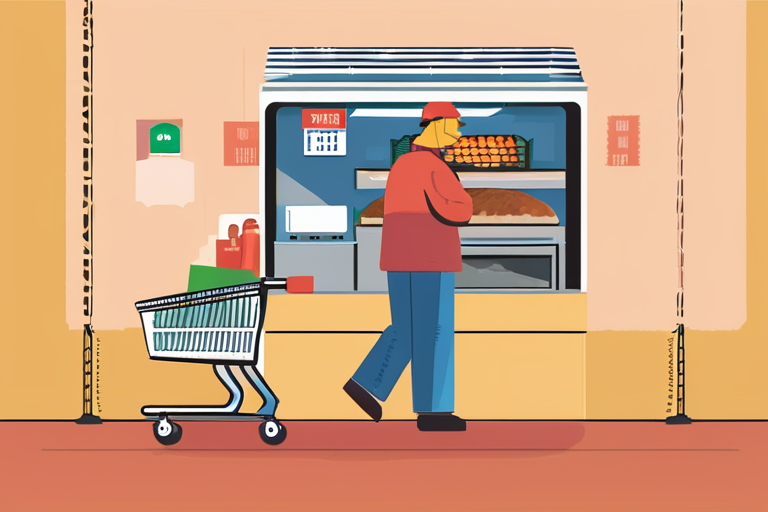
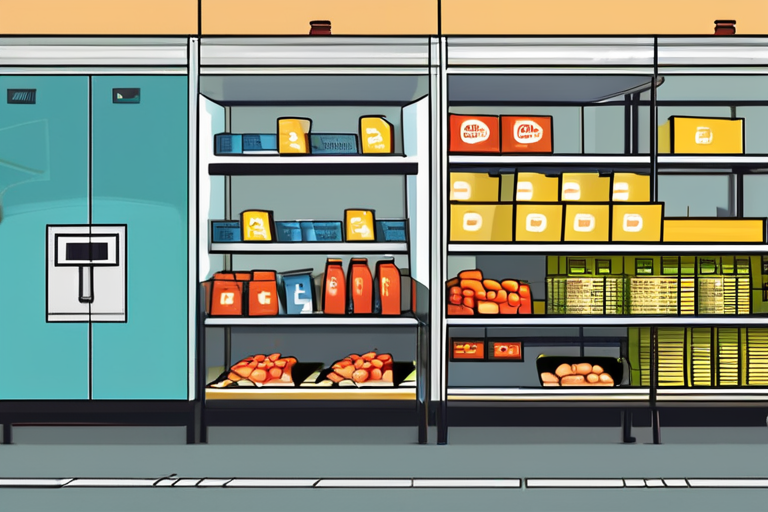
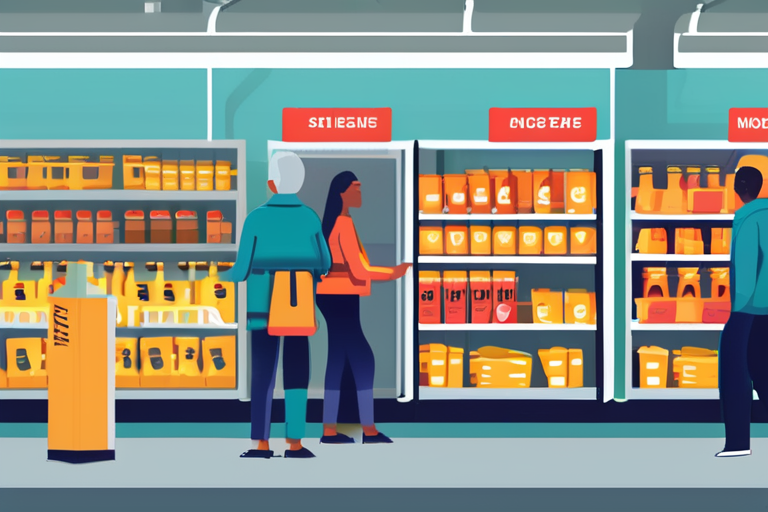
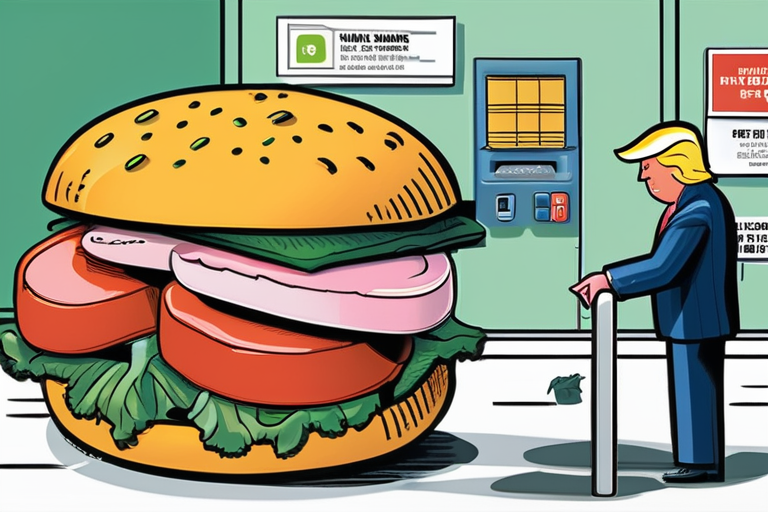
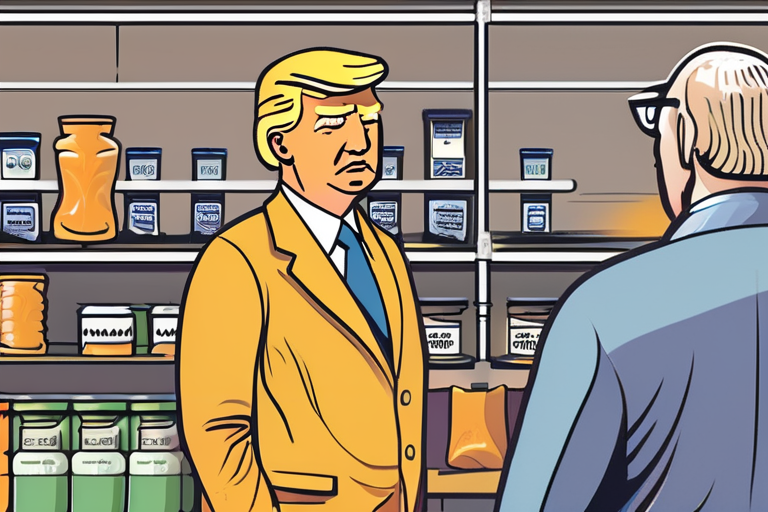
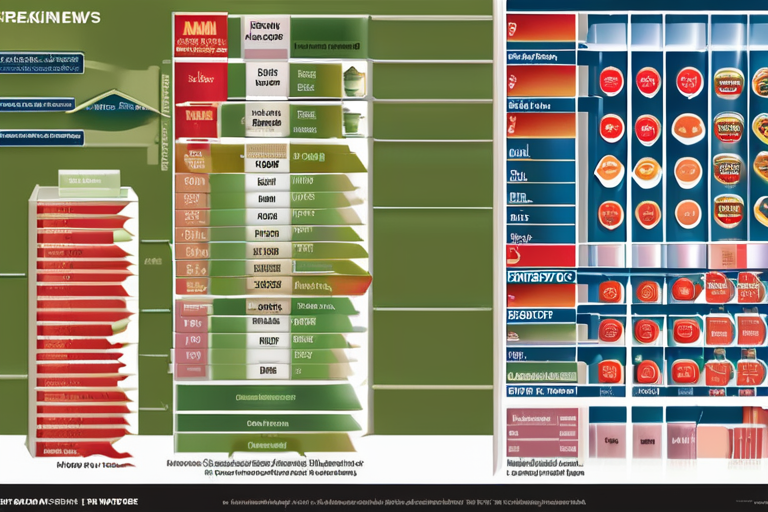

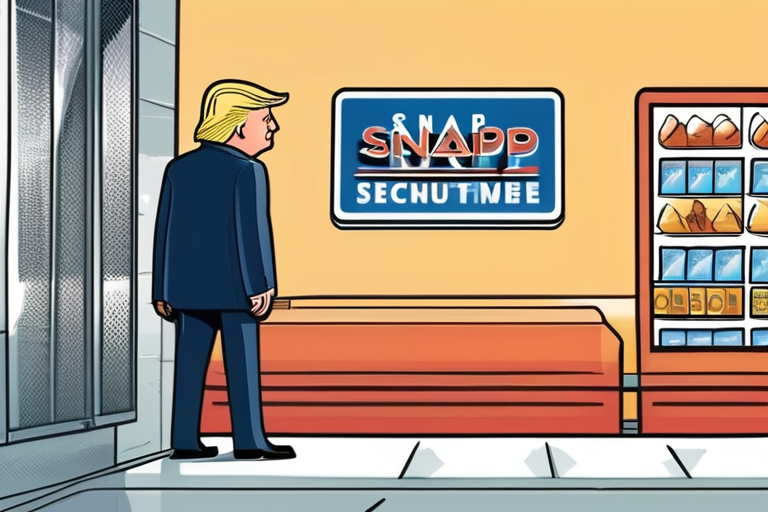
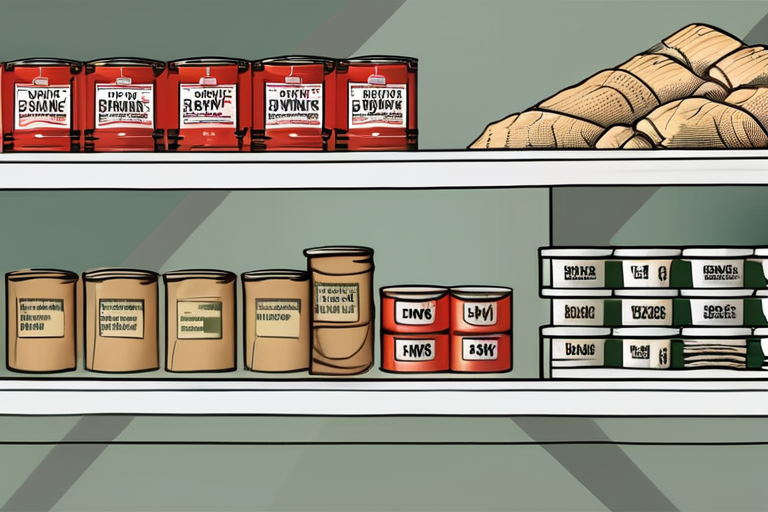
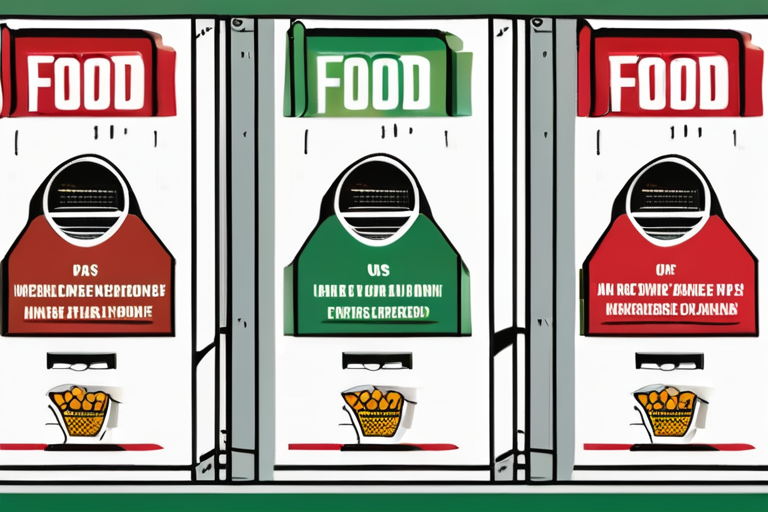
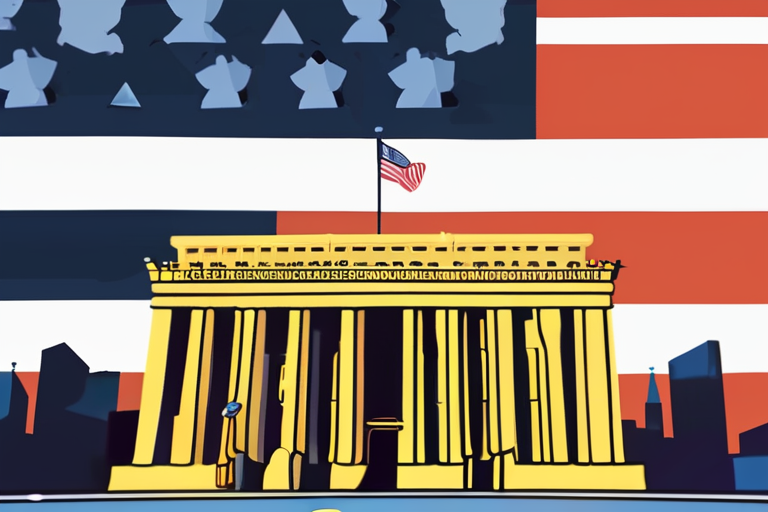
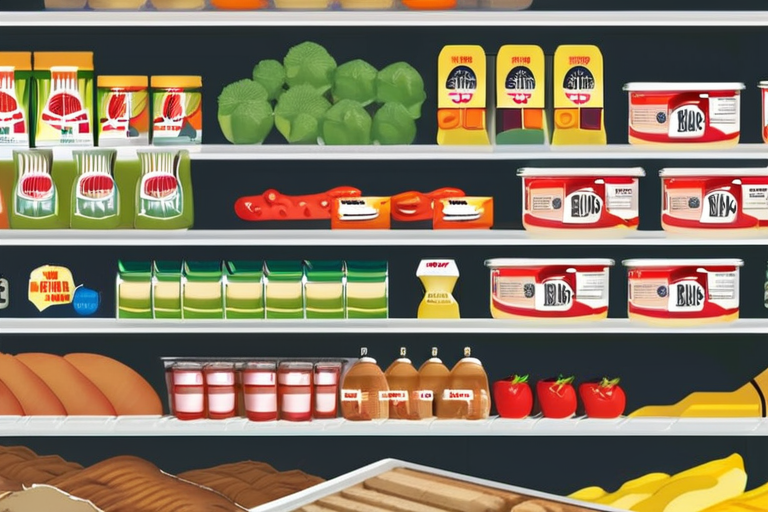
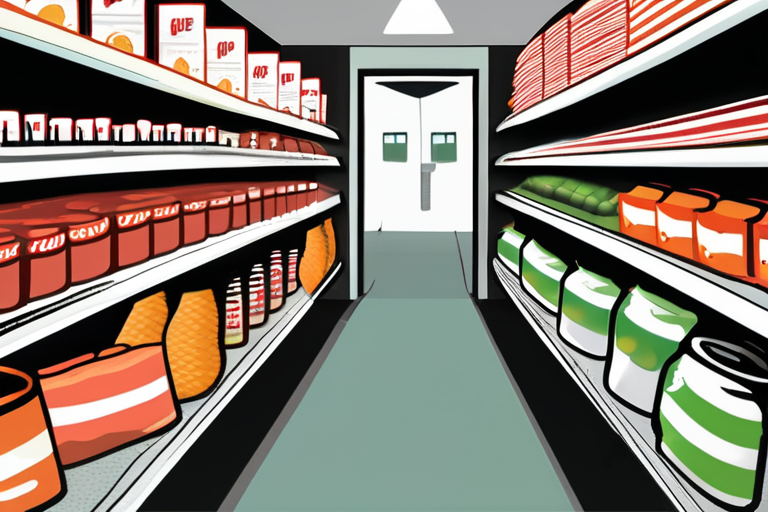
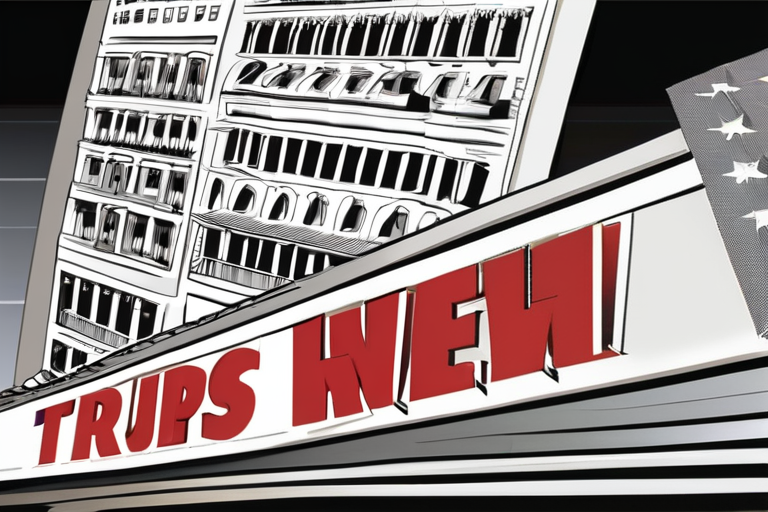
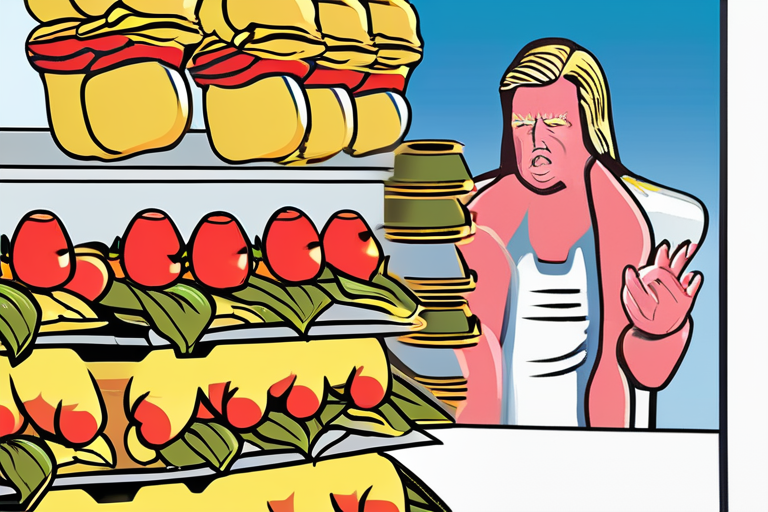
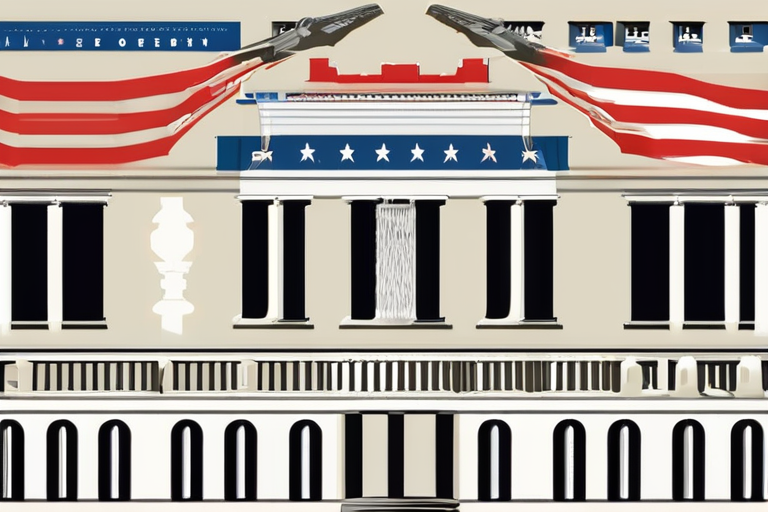
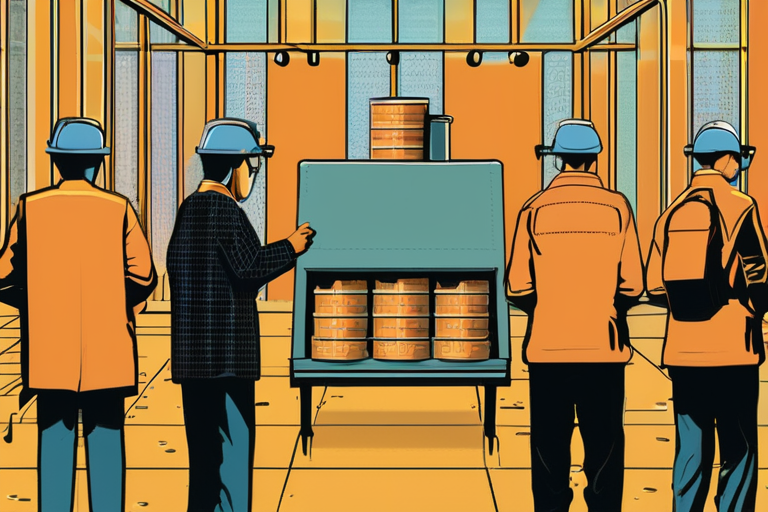
Share & Engage Share
Share this article